Moscow, Tehran cooperating closely to ensure JCPOA fully implemented: Lavrov
Russian Foreign Minister Sergei Lavrov says Moscow is closely cooperating with Tehran in order to ensure that the 2015 Iran nuclear deal will get back on track and be fully implemented.
“Moscow and Tehran work closely to ensure the full implementation of the JCPOA,” Lavrov said in an interview with the Islamic Republic News Agency (IRNA) on Monday, using the acronym for the official name of the deal, the Joint Comprehensive Plan of Action.
He added, “Russia firmly believes that there is no reasonable alternative to the JCPOA. As President [Vladimir] Putin has repeatedly emphasized, the most effective way to maintain the 2015 arrangements is for the signatories to fully comply with their obligations.”
The launch of substantive talks on that matter in Vienna gives hope that the “previous violations of the JCPOA and UNSC Resolution 2231 by the US will be remedied,” the Russian official said. “We do our best to help Washington and Tehran find the right solution.”
The top Russian diplomat said his country rejects the sanctions policy pursued by Washington since any unilateral restrictions primarily affect the most disadvantaged groups of the population.
“Russia has been vocal about the inadmissibility of such restrictions at various international platforms, including the United Nations. I am pleased to note that our position is widely supported by members of the world community,” Lavrov said.
“It is equally important to step up efforts to reduce risks associated with sanctions and potential expenses for economic operators. In particular, gradual steps should be taken to move towards de-dollarization of national economies and transition to payments in national or alternative currencies, as well as to stop using international payment systems controlled by the West,” he stated.
The official added that Russia has been “working actively to that end. We see great prospects for cooperation in that field with all interested international partners.”
The United States began imposing heavy economic sanctions against Iran in 2018 after former US president Donald Trump scrapped the JCPOA, which was signed by Iran and world powers, as a result of which Iran was barred from economic transactions with the rest of the world, including selling its oil and receiving its money.
The new US administration of Joe Biden has conceded that the so-called maximum pressure campaign has failed, promising to replace it with a new policy, but it has so far failed to take any practical steps in that direction and has actually followed suit with Trump-era policies toward Iran.
Recently, Iran and the remaining signatories to the JCPOA have held a series of talks in Vienna, Austria, within the format of the deal’s joint commission, with the aim of finding a way for the US to rejoin the deal and for Iran to reverse the steps it has been taking in retaliation for Washington’s exit.
The next round of the talks will be held on Wednesday.
Iran-Russia cooperation on Syria crisis
Elsewhere in his remarks, Lavrov said Russia and Iran coordinate their efforts to “achieve a Syrian settlement within the Astana format, which has proved its effectiveness, and hold regular dialogue on the situation in the Middle East as a whole.”
“We can confidently say that the Russian-Iranian cooperation contributes to maintaining regional stability, and, more broadly, to the development of international relations on the basis of the principles enshrined in the UN Charter,” he said.
Lavrov said he was planning to discuss ways to further enhance the multifaceted Russian-Iranian ties during forthcoming negotiations with his Iranian counterpart Mohammad Javad Zarif.
VIDEO | Italians call on Rome to break off all ties with Israel
VIDEO | Activists gather outside UK arms fair complicit in Gaza genocide
VIDEO | Russian, Palestinian Authority presidents discuss Gaza
VIDEO | Beirut gathering: Lebanese figures back Iranian leadership
Israeli tank fires on Lebanese army during joint UN mission in south Lebanon: Report
Iran certain to deliver decisive response to Trump’s threats: Senior commander
Netanyahu skipped Davos amid arrest fears: Reports
VIDEO | West’s support for terror in Iran


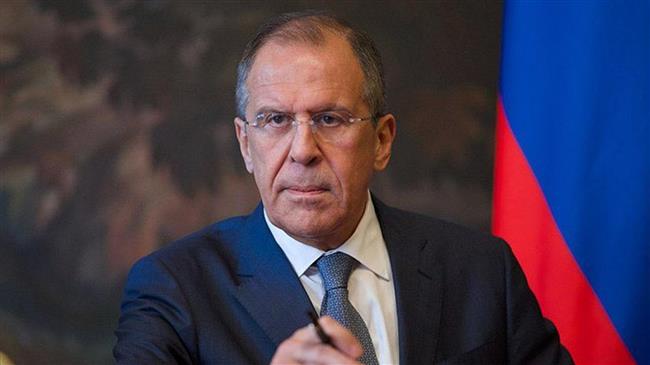



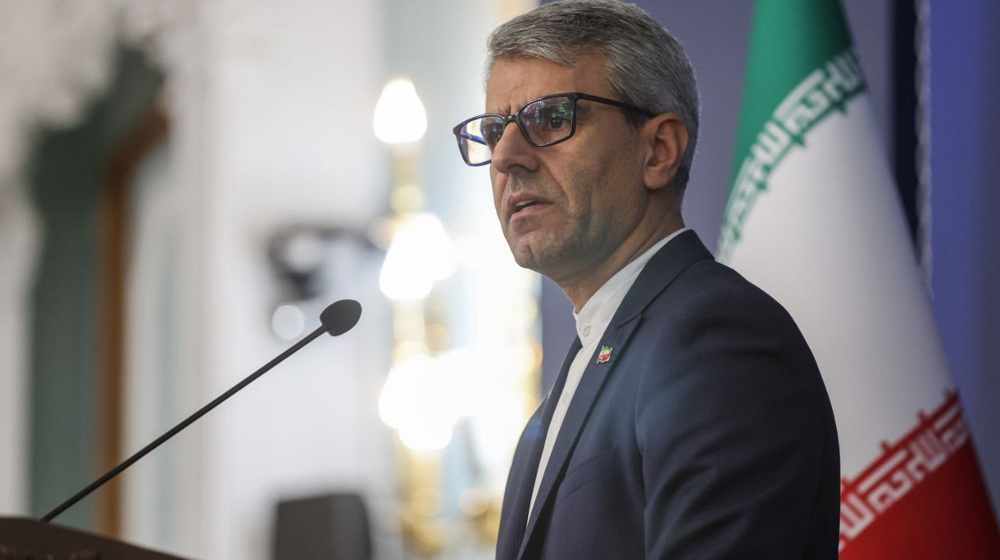
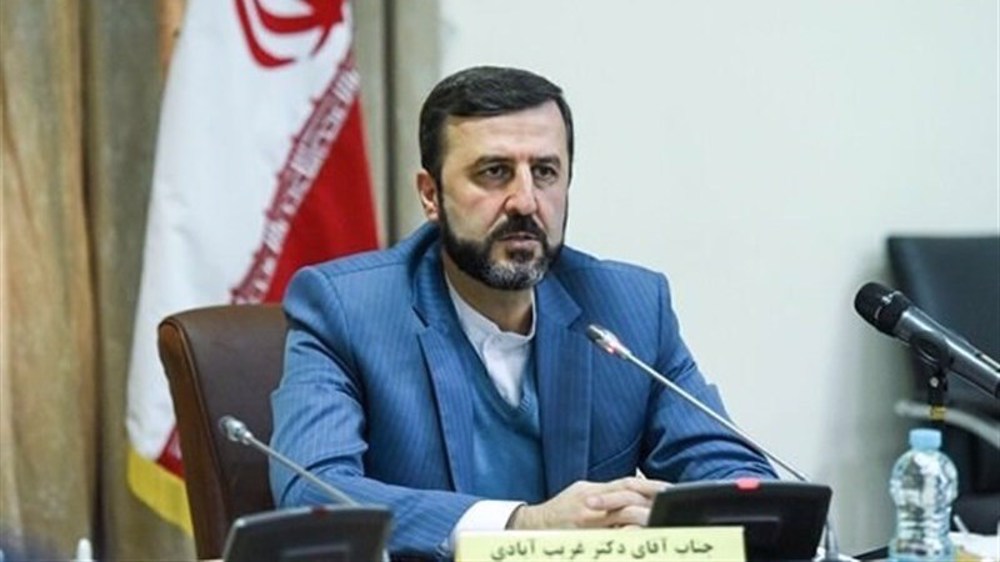



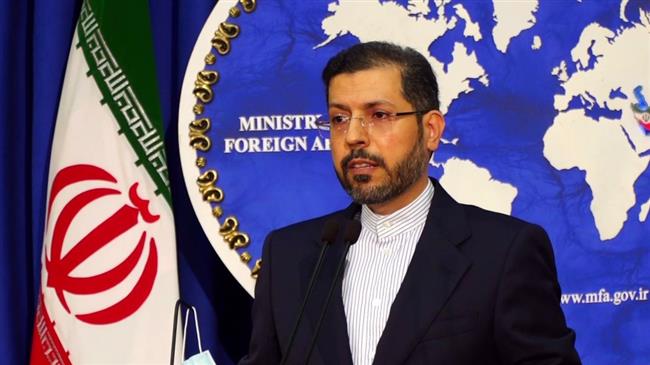
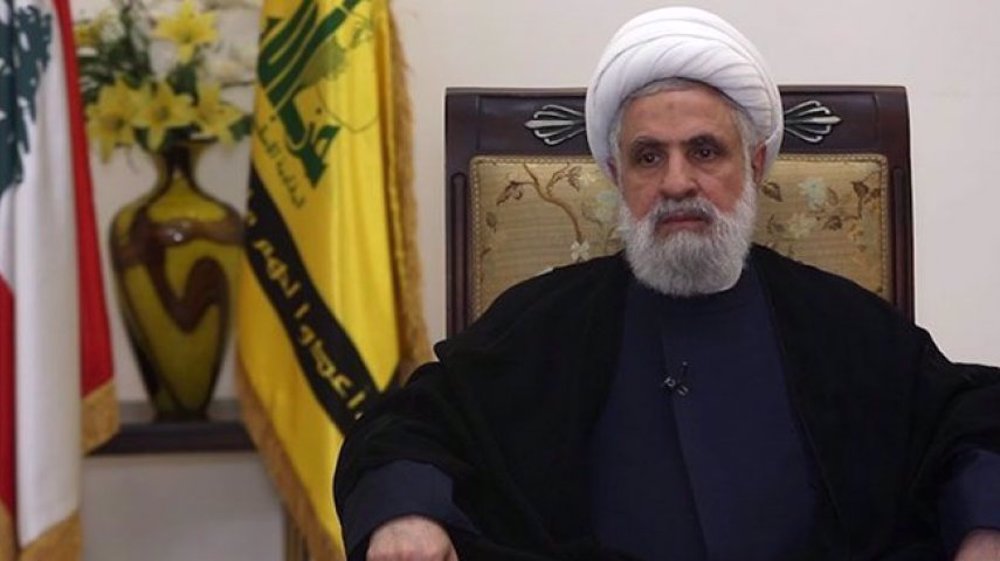
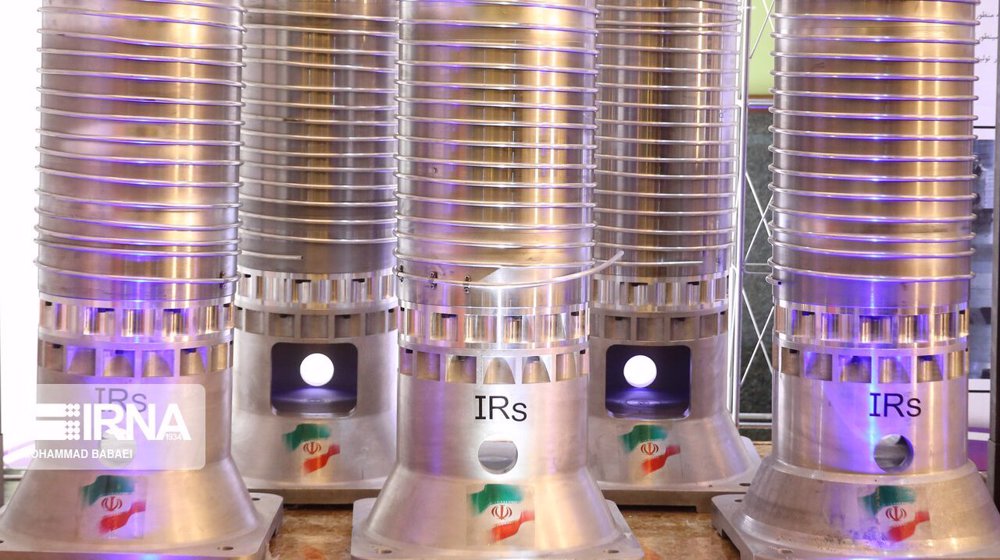
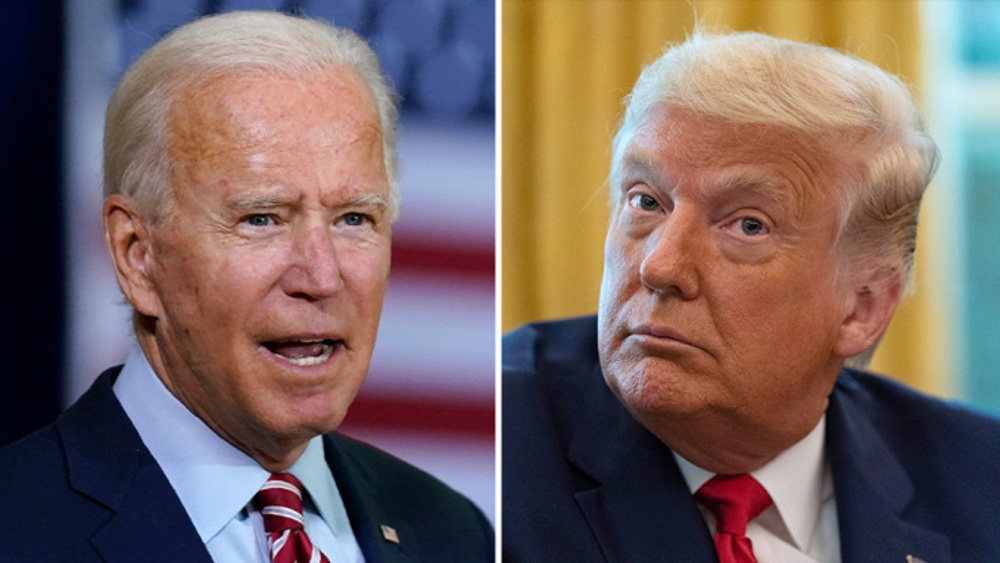
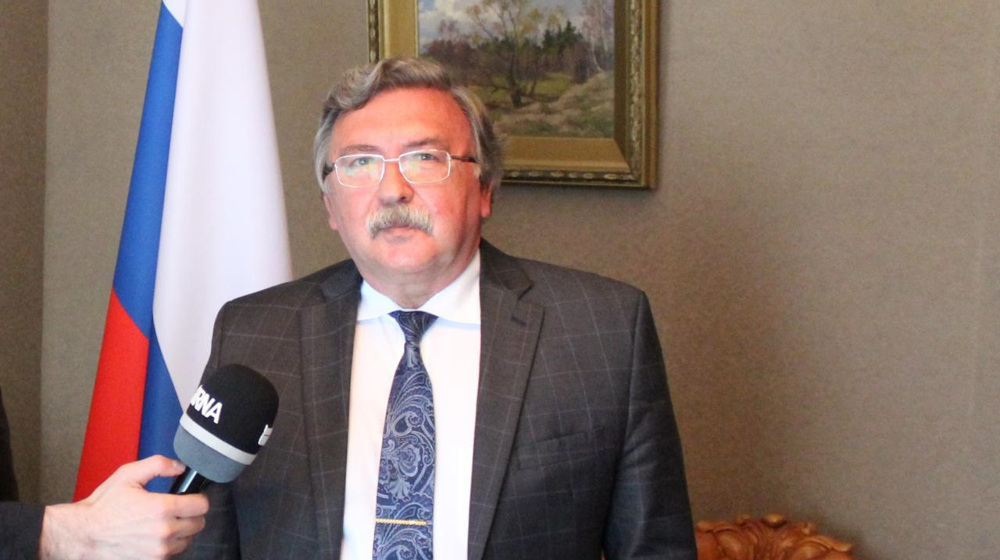
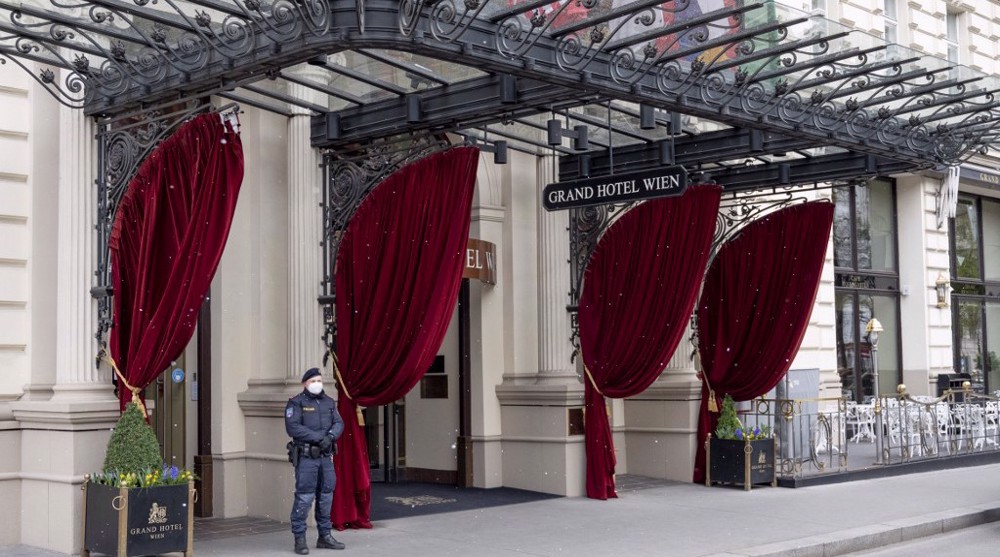

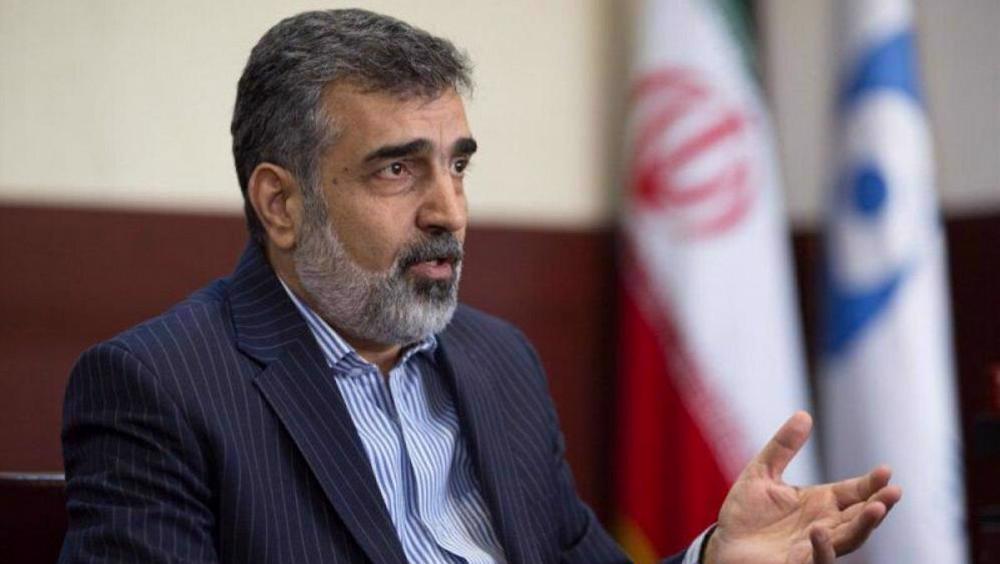
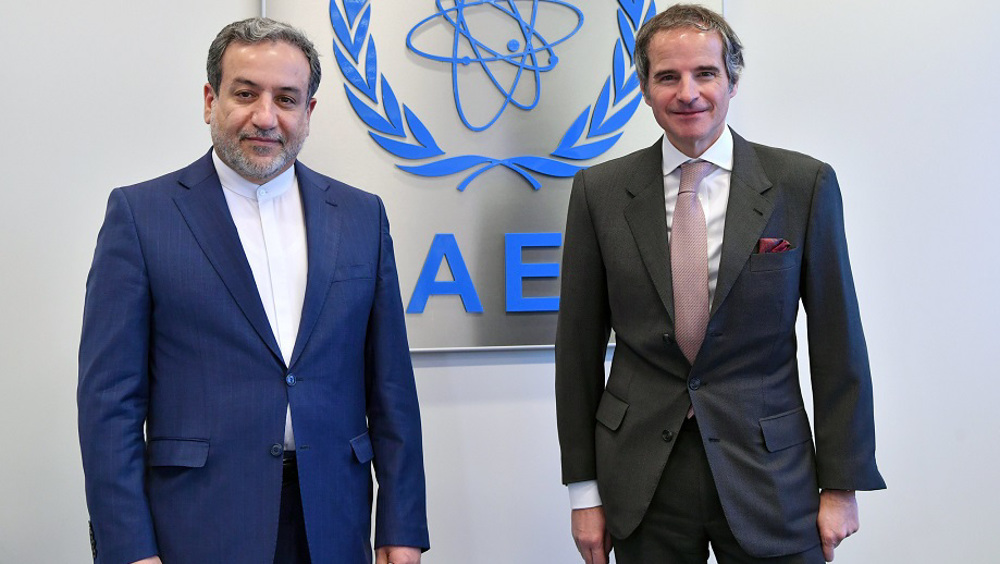

 This makes it easy to access the Press TV website
This makes it easy to access the Press TV website